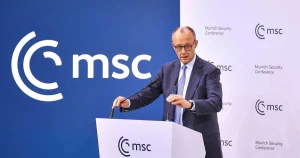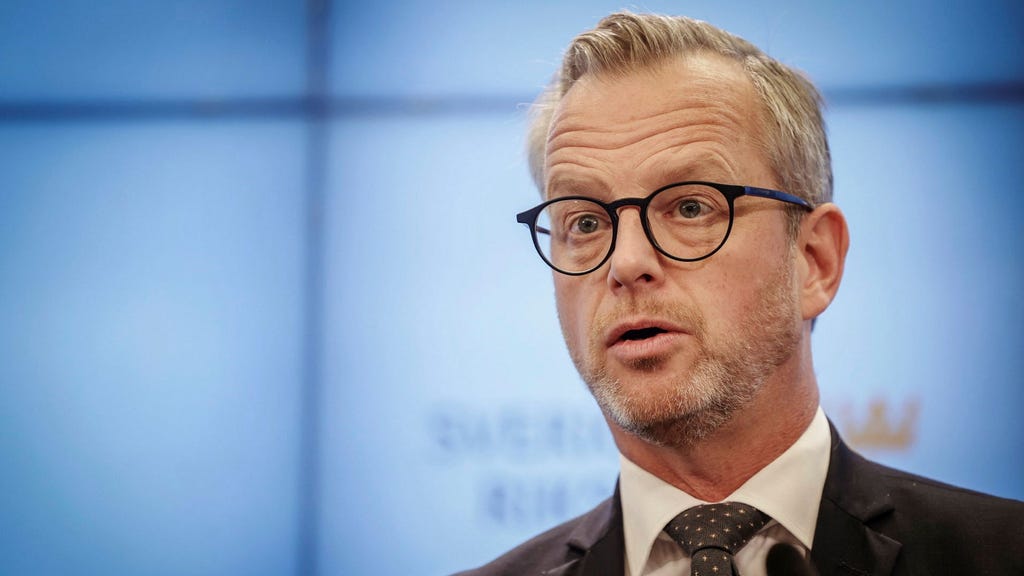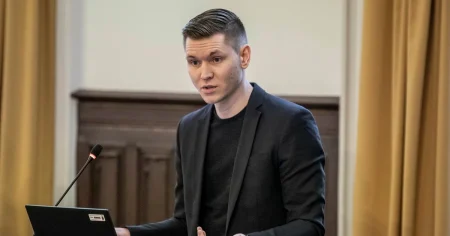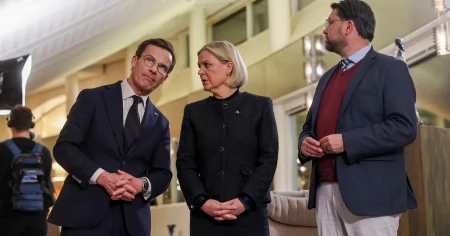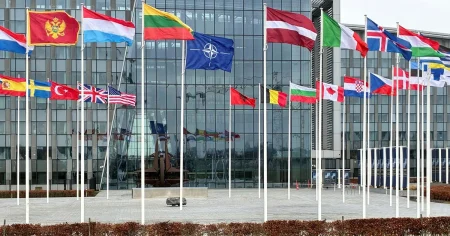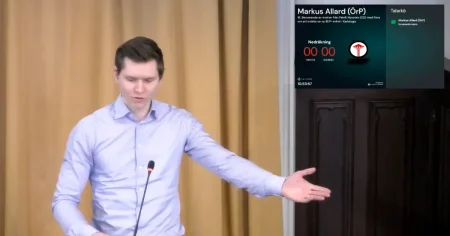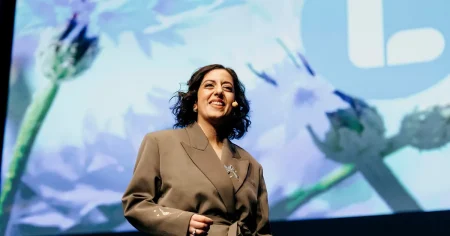Paragraph 1: The Stalemate in Swedish Energy Policy
Swedish energy policy is currently at an impasse, characterized by a clash between the ruling coalition government and the opposition Social Democrats. Climate Minister Romina Pourmokhtari has explicitly rejected the idea of a cross-party agreement on energy, stating that such negotiations would hinder progress. This stance contradicts the desires of the Swedish business community, represented by the Confederation of Swedish Enterprise, which has publicly called for a broad political consensus to ensure long-term stability and predictability in the energy sector. The differing viewpoints highlight the challenges facing Sweden as it navigates a complex energy landscape.
Paragraph 2: Pourmokhtari’s Justification and Damberg’s Rebuttal
Pourmokhtari defends her refusal to engage in cross-party talks by arguing that discussions with the Social Democrats on nuclear power would be unproductive and slow down the government’s agenda. She appears to prioritize swift action over consensus-building. However, Mikael Damberg, the Social Democrats’ finance spokesperson, sharply criticizes Pourmokhtari’s position, calling it irresponsible and detrimental to Sweden’s interests. He argues that a broad agreement is crucial for providing stable and predictable conditions for businesses in the energy sector, and accuses the government of prioritizing political maneuvering over pragmatic solutions.
Paragraph 3: Conflicting Signals from the Government
Damberg further points out the perceived inconsistencies within the government’s own stance on energy policy. He notes that while Pourmokhtari rejects cross-party negotiations, Minister for Energy and Business Ebba Busch has previously signaled a willingness to collaborate on energy issues. This apparent discrepancy raises concerns about the government’s coherence and strategic direction. Damberg questions how productive negotiations can be when the government itself sends mixed messages regarding its openness to collaboration.
Paragraph 4: The Social Democrats’ Willingness to Negotiate
Despite the government’s reluctance, the Social Democrats maintain their commitment to seeking a broad energy agreement. Damberg emphasizes their historical willingness to compromise and collaborate with both the Moderate Party and other center-right parties. This suggests a potential pathway to consensus, provided the government reciprocates. However, significant hurdles remain, particularly regarding the contentious issue of state support for nuclear power expansion.
Paragraph 5: The Crucial Role of Nuclear Power in the Debate
The question of state support for nuclear power emerges as a central sticking point in the energy policy debate. While the Social Democrats have traditionally been less enthusiastic about nuclear power than the current government, Damberg indicates a willingness to discuss all options if genuine negotiations take place. This signals a potential shift in the Social Democrats’ position, possibly driven by the urgency of addressing energy security and climate change. The willingness to discuss state support for nuclear power could pave the way for a comprehensive energy agreement.
Paragraph 6: The Path Forward: Challenges and Opportunities
The path to a cross-party energy agreement in Sweden remains fraught with challenges. The government’s initial resistance, coupled with differing viewpoints on nuclear power, creates significant obstacles. However, the Social Democrats’ continued commitment to dialogue and their stated willingness to discuss all options, including state support for nuclear power, offers a glimmer of hope. Forging a consensus will require both sides to demonstrate flexibility and a willingness to compromise. The potential benefits of a stable and long-term energy policy, supported by a broad political consensus, underscore the importance of overcoming these challenges. The business community’s call for predictability and clear rules further reinforces the need for a collaborative approach to shaping Sweden’s future energy landscape. The coming months will be crucial in determining whether the government and opposition can bridge their differences and create a unified vision for Sweden’s energy future.



